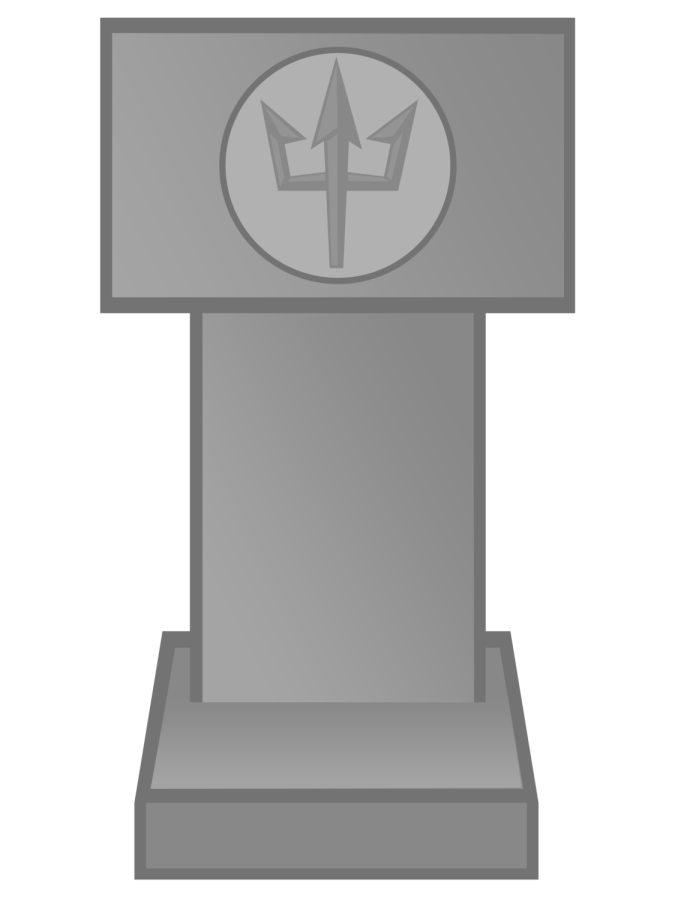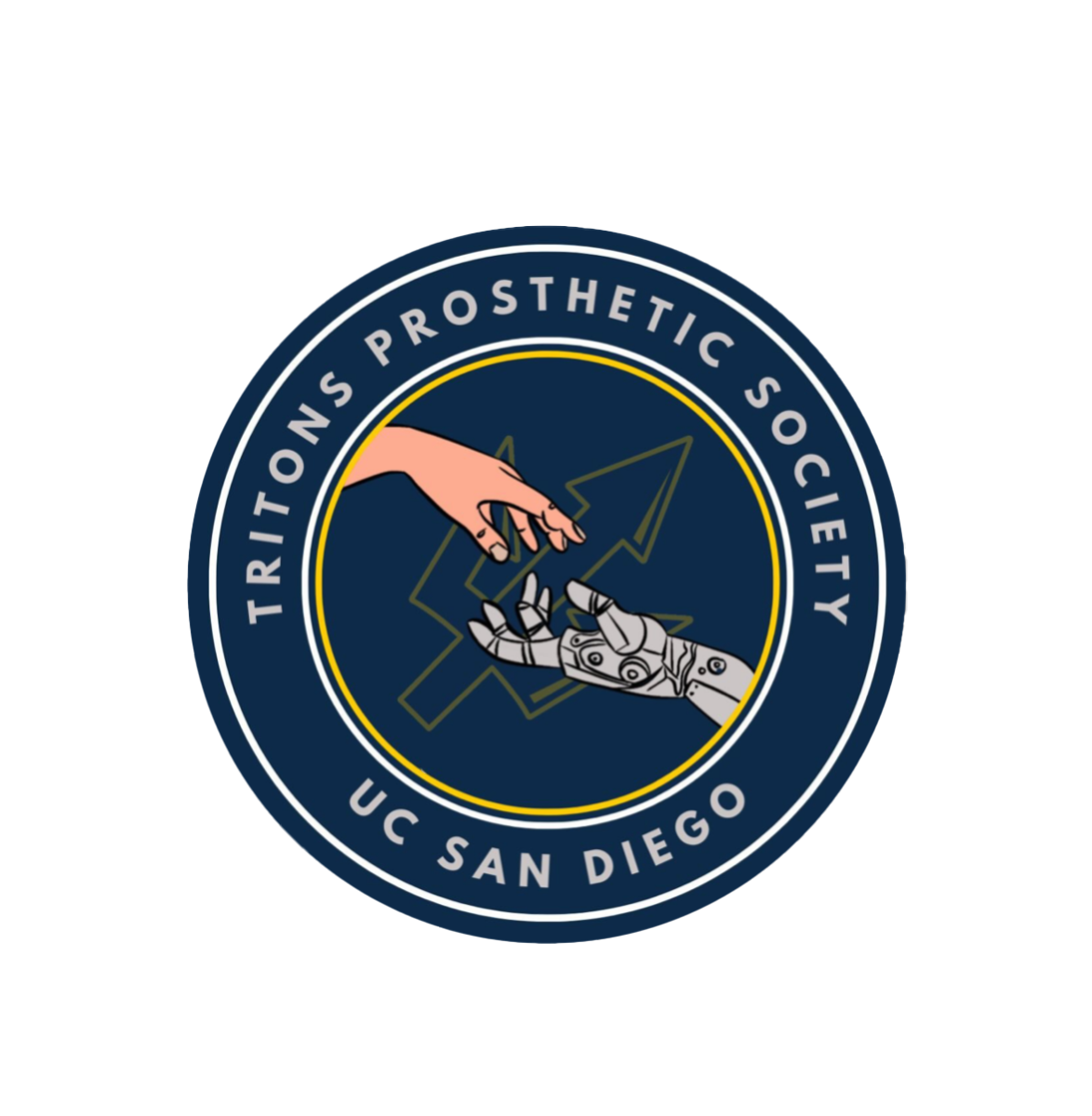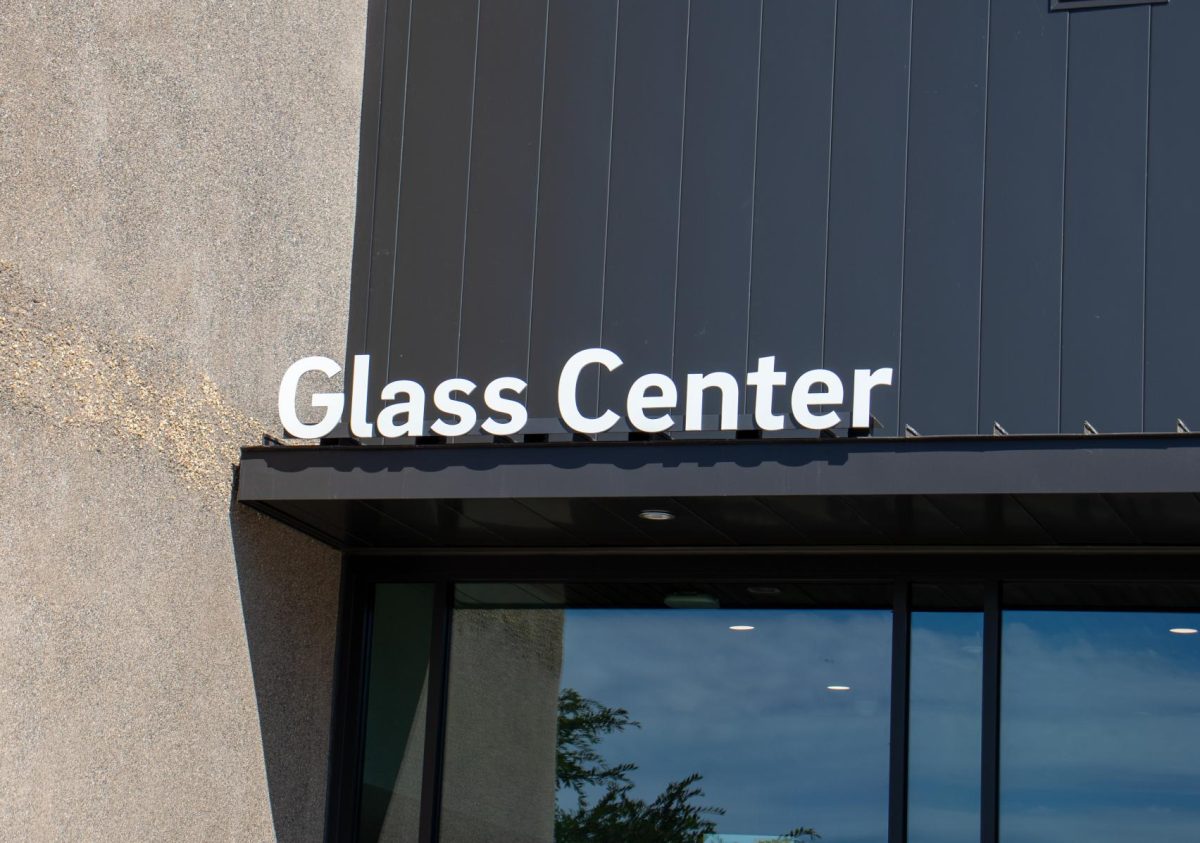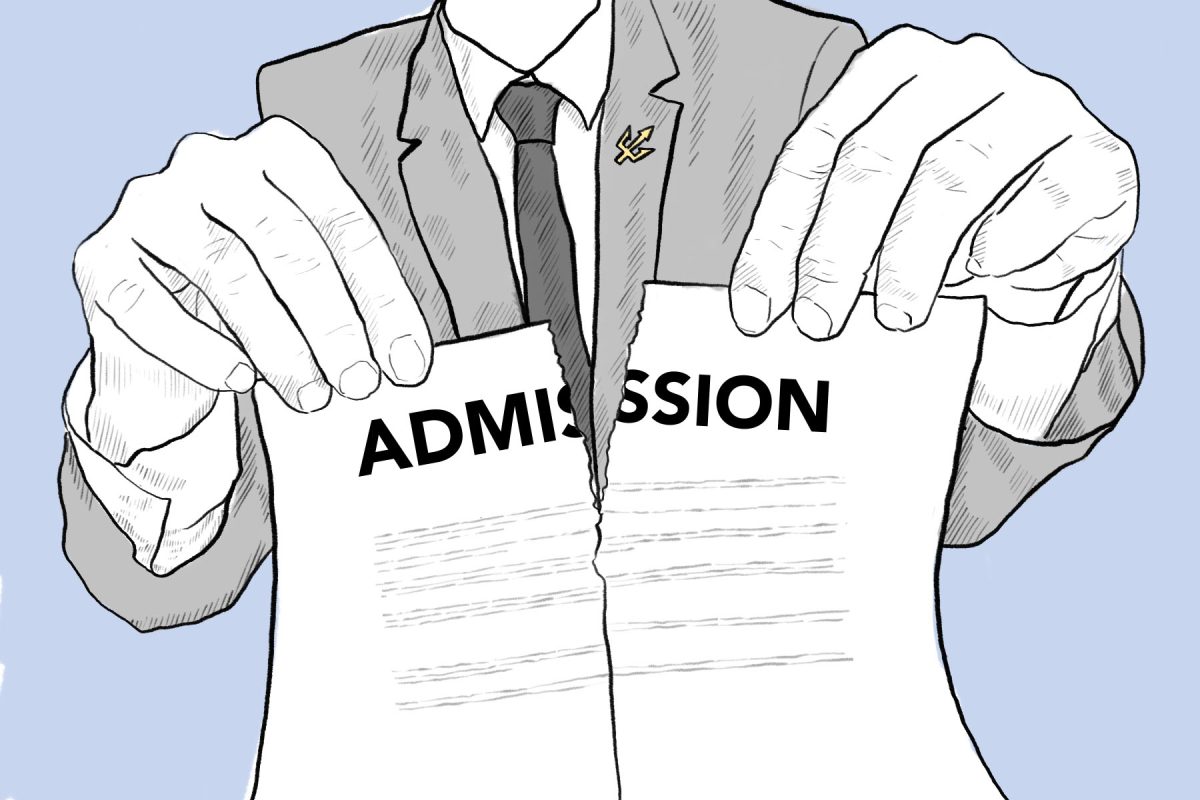Eliot Wirshbo was born on a cold evening in Brooklyn during a record-setting snowstorm. When he was two years old his parents moved to the Bronx, where Wirshbo attended high school and later Hunter College. When asked how he found growing up in the Bronx, he reflected, “It was all I knew …We didn’t think globally in those days like, ‘I wonder what it would be like if I was in De Moines?’ or ‘Gee I wish I could leave here.’ This is the only place to be. Or, you know, ‘If only I could be in the big city.’ This is the big city.”
At Hunter, Wirshbo found himself having to take Latin for a language requirement, so he figured, rather arbitrarily, that he’d take it up as a major.
“In the old days we used to call it a goof … as they say now, WTF.”
Either way Wirshbo found that he had a certain proclivity for the language, and so he majored in Latin and Greek classics. Soon an interest began to develop for ancient epic literature, realizing that he could now actually understand the roots of more modern writing.
“I thought … Shakespeare praises Ovid, Milton praises Virgil, I can now read those guys …”
After he graduated, Wirshbo went on to attend graduate school in Philadelphia, but only for a single year before being drafted for the war in Vietnam in the late ‘60s.
“One really did not know if one would survive,” he recounted. “So I just wrote a very humble letter saying, ‘Look, I realize I’m subject to be called up, but a cousin of mine is getting married in June,’ six or seven weeks later. So I said, ‘Since I might die in Vietnam and this could be my last chance to see my family … could you postpone my enlistment until after that?’ And they said sure. So I got to hang around, see my friends, see my family.”
Wirshbo spent the next two years as a medic, his position being randomly assigned by “some computer in the Pentagon saying we need 100 medics.” He underwent ten weeks of training, including nine hours on how to make a hospital bed, using IVs, and taking someone’s temperature ‘The Army Way.’”
“The army way is rectal, and you have to hold it there the whole time,” he said.
When there wasn’t any enemy contact, his job became field sanitation.
“To put it in a more direct way … burning shit,” Wirshbo said. “As a medic you’re responsible for making sure human feces is disposed of. The joke at the time was that, ‘Hey, in 50 years — which it almost is now — your grandkids are gonna say, ‘What did you do in the war, Grandpa?’ and you can just say … burn shit.’”
Although Wirshbo was not pro-war, he did not resist or try and escape the draft. Part of him felt that the experience of war can mature a person and help them better understand classic literature, his chief interest.
“I did think that in order to appreciate Homer I really should experience war … I did not volunteer but I didn’t fight my being sucked in through the draft. I thought I’d be a better appreciator of the Iliad if I was in a war myself.”
Although he did not see a great deal of action, Wirshbo still recalls frequently being amid explosions and chaotic situations. He also remembers returning to Philadelphia to complete grad school with a better understanding of people.
“I’m sure I came back more mature just having been through that. It’s like prison or the boy scouts; take your pick. You’re with other guys, some of them only semi-civilized, who are literally from different civilizations. It’s like anthropology, being among people of different subcultures.”
Wirshbo held different teaching positions over the next few years before eventually ending up at UCSD to teach Latin. Like other humanities professors at the University, he fears the gradual decline in the arts that seems to be occurring. UCSD’s student body is triple the size it was in 1982, but half as many people are taking Latin.
Wirshbo went so far as to comment, “The school has always been science-oriented, but now it seems science-obsessed. Why do they call themselves a university? Why not call themselves a trade school?”
He went on to address the misconception that learning Latin is a chore and that the language is not relevant in modern times. He stood up and walked toward a bookshelf, packed with thick editions of the “Oxford English Dictionary.” He flipped through a random edition, pointing out the Latin etymology of a majority of the words.
“So many Latin words were taken into English because English was felt to be an ugly language in the 1400s, and Latin was felt to have prestige and be a high class language. So let’s just import words from Latin into English.”
Wirshbo went on to explain that the Latin language is also incredibly versatile and does not function like English, causing the essence of many classic Latin works to be lost in translation.
“It’s a whole culture that’s wrapped up in the language. So much is wrapped up in the shape of words, the sound of words, the order of words. You can vary the order of the words as you cannot in English.”
He pointed out the difference, and the reason this doesn’t work in English, by rephrasing the sentence “As you cannot in English,” instead saying, “As English cannot you in.” As opposed to English, says Wirshbo, “You can do this in Latin for artistic purposes.”
Despite the increasing focus on STEM at UCSD, there still exists the unique multi-part courses that are required for each college. The Revelle College curriculum requires a five-part series on humanities throughout history, beginning with Ancient Greece all the way up to modern culture. Wirshbo has seen the effectiveness of this program and views it as evidence for the necessity of a humanities education.
“I frequently attend the Revelle honors banquet. They honor the people with the highest GPAs and usually the person with the highest GPA will give a talk … Almost always the theme of the talk is how much the Revelle humanities sequence meant to them, how it humanized them and how that’s what they value in whatever they do in life.”
Whether it be surrounding yourself with people from other places, taking another language, or learning about ancient civilizations, Wirshbo thinks that understanding culture is essential to a well-rounded life.
“Education is more than just … ‘this is what I want to do, I know this at 18, leave me alone and I’ll follow this path.’ It’s a lot of other stuff … it’s about exposure.”







